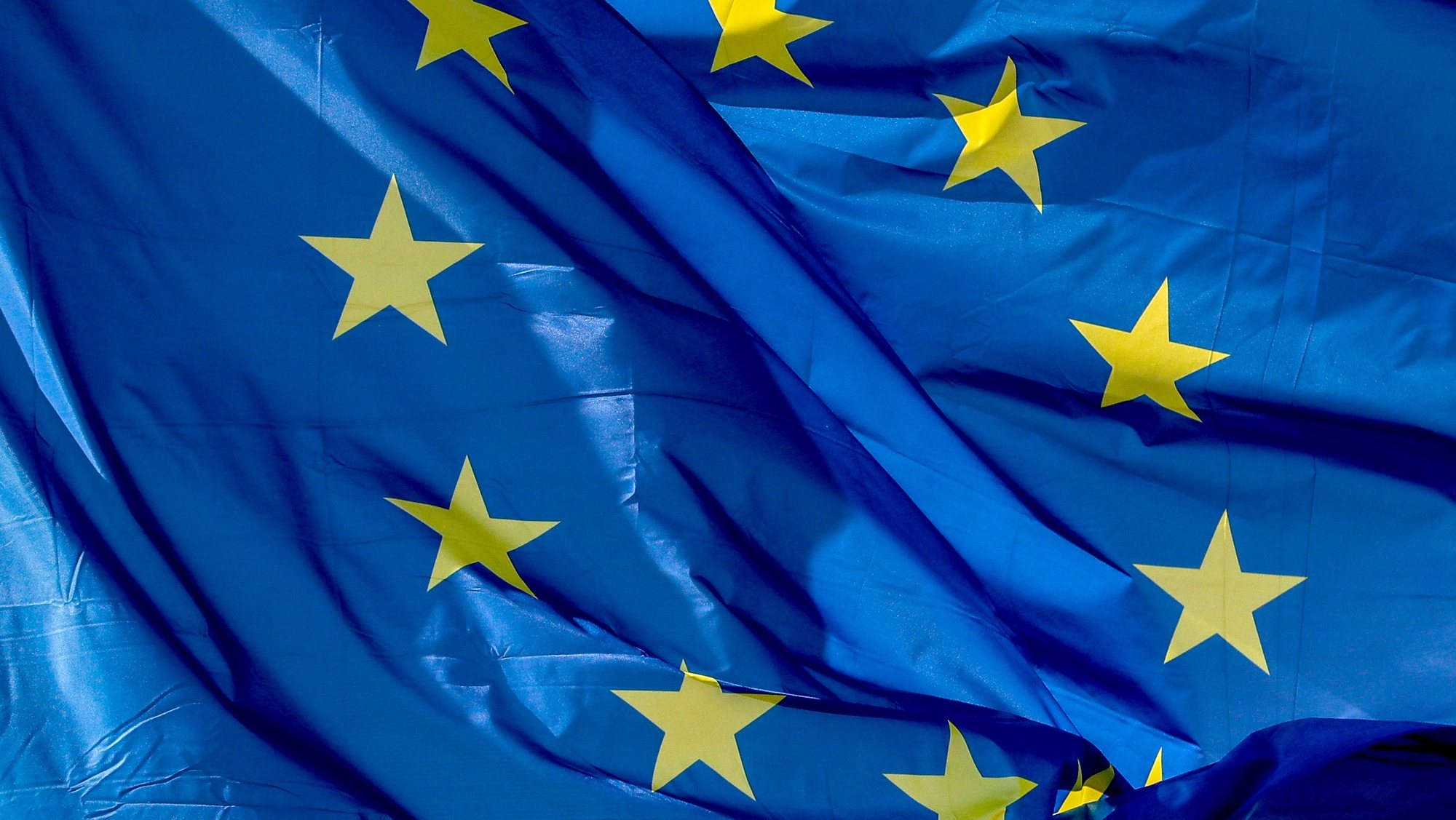The European Union refrained for the time being from following Italy’s decision to require Covid-19 tests for travelers from China arriving at its airports, but vowed to remain vigilant and ready to act together.
After a meeting today, the health authorities of the 27-member bloc said in a statement that it is necessary to “act together and continue discussions” given the galloping increase in infections in China.
Italy reimposes Covid-19 tests on those coming from China after identifying a flight with 52% of infected passengers
Considering the reluctance of several European countries and experts, the Health Security Committee of the 27 assured that it will continue talks on the search for a common approach to travel rules, but without acting yet, as requested by Italy.
“We remain vigilant and will be ready to use the emergency brake if necessary,” said the European Commission, which chairs the Committee.
The BF.7 variant of omicron, the predominant one in China, was already circulating in Europe and its threat has not grown significantly, said the Commission, which brought together senior health officials from the Committee’s 27 members.
While virus experts across the EU have downplayed the immediate danger, Italy has made coronavirus tests mandatory for anyone arriving at its airports from China. More than 50% of people tested on arrival at Milan’s Malpensa airport in recent days have tested positive for the virus.
Italian Prime Minister Giorgia Meloni has increased pressure on the EU to stick to her government’s approach, saying that Italy testing all passengers from China “is only effective if [tal] it is done at the European level”, pointing out that many arrive on connecting flights through other European countries.
Germany considers that “there is no indication that a more dangerous variant has developed in this outbreak in China,” Health Ministry spokesman Sebastian Guelde said.
After strict travel restrictions at the height of the pandemic, the EU returned this autumn to a pre-pandemic free travel system, but member countries agreed that an “emergency brake” could be activated if necessary. at short notice to meet an unexpected challenge. .
“On a scientific level, there is no reason at this stage to re-impose specific border controls,” Professor Brigitte Autran, a vaccine specialist at the French Ministry of Health, told Radio Classique today.
Portugal does not plan to reinforce the control and mitigation measures for the pandemic, according to a written response to questions from the Lusa agency, this Wednesday, about the increase in SARS-CoV-2 infections in China.
The Ministry of Health assured that the Portuguese authorities are monitoring the epidemiological situation “together with European partners and international organizations, specifically in the field of activity of the European Center for Disease Prevention and Control.”
The United States on Wednesday announced new COVID-19 testing requirements for all travelers from China, joining some Asian countries that have imposed restrictions due to rising infections.
Japan will require a negative COVID-19 test upon arrival for travelers from China, Malaysia has announced new screening and surveillance measures, and India, South Korea and Taiwan also require tests for visitors from China.
Source: Observadora
